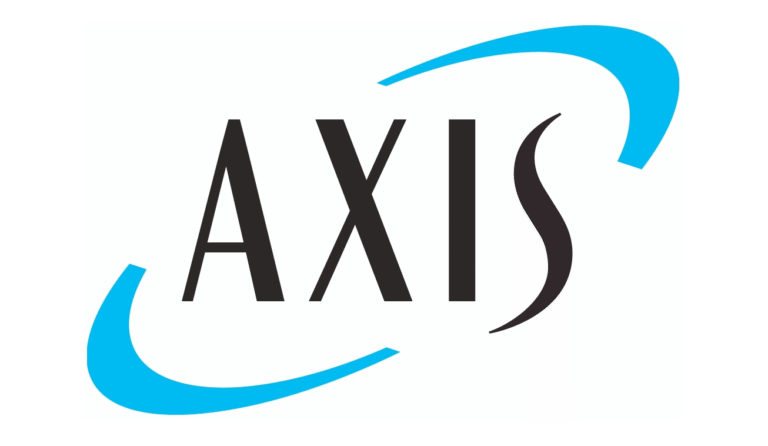
Aon’s 2025 Global Risk Management Survey has found that UK businesses are outpacing their global peers in risk management and governance, with nearly eight in ten UK respondents (78.6%) reporting direct board involvement compared with 61.4% globally.

UK organisations are also said to be demonstrating a more mature approach to quantifying and managing said risk.
“Nearly seven in ten (68.8%) measure their total cost of insurable risk, compared with 54% globally, while three-quarters (75%) currently operate or plan to establish a captive insurance vehicle, suggesting a more advanced approach to risk financing and governance,” Aon explained.
At the same time, the survey revealed that UK businesses are more likely to rely on brokers to identify major risks, with 78.3% doing so versus 55.7% globally, emphasising the value placed on specialist advice to complement in-house expertise.
Meanwhile, three-quarters of UK firms (75.4%) have reportedly dedicated risk or insurance departments, compared with just over two-thirds of companies globally (68.4%).
“The top current risks for UK businesses are cyber-attacks/data breaches, business interruption, and economic slowdown, reflecting the growing impact of digital, operational, and macroeconomic volatility,” Aon’s report added.
Looking ahead, UK firms also stand out by ranking artificial intelligence (AI) and increasing competition in their top five emerging risks for the next three years.
“This is a clear signal that executives are showing an increasing appreciation of how their businesses are likely to be affected by technology and innovation-driven challenges, as well as by their more traditional risk exposures,” Aon noted.
Rob Kemp, head of Commercial Risk for Aon UK, commented, “The findings show that UK boards are adopting a more structured and data-driven approach to risk oversight.
“Many are using analytics and specialist insight to better understand emerging risks – particularly around technologies such as AI – as well as to balance innovation with regulatory and ethical considerations.
“The risks businesses face today demand more than incremental change. They call for leaders to view resilience as a source of competitive advantage – harnessing data and analytics to anticipate disruption and enabling them to act decisively in protecting and growing their organisations.”





